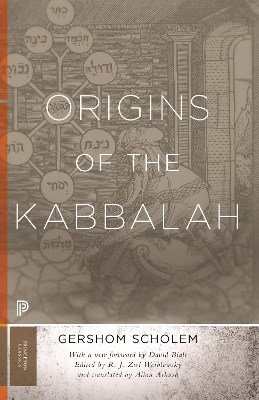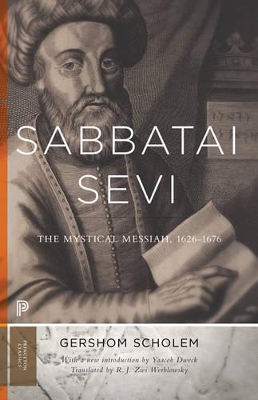Princeton Classics
1 primary work • 2 total works
Book 79
With the publication of The Origins of the Kabbalah in 1950, one of the most important scholars of our century brought the obscure world of Jewish mysticism to a wider audience for the first time. A crucial work in the oeuvre of Gershom Scholem, this book details the beginnings of the Kabbalah in twelfth- and thirteenth-century southern France and Spain, showing its rich tradition of repeated attempts to achieve and portray direct experiences of God. The Origins of the Kabbalah is a contribution not only to the history of Jewish medieval mysticism, but also to the study of medieval mysticism in general. Now with a new foreword by David Biale, this book remains essential reading for students of the history of religion.
Gershom Scholem stands out among modern thinkers for the richness and power of his historical imagination. A work widely esteemed as his magnum opus, Sabbatai ?evi offers a vividly detailed account of the only messianic movement ever to engulf the entire Jewish world. Sabbatai ?evi was an obscure kabbalist rabbi of seventeenth-century Turkey who aroused a fervent following that spread over the Jewish world after he declared himself to be the Messiah. The movement suffered a severe blow when ?evi was forced to convert to Islam, but a clandestine sect survived. A monumental and revisionary work of Jewish historiography, Sabbatai ?evi details ?evi's rise to prominence and stands out for its combination of philological and empirical authority and passion. This edition contains a new introduction by Yaacob Dweck that explains the scholarly importance of Scholem's work to a new generation of readers.

